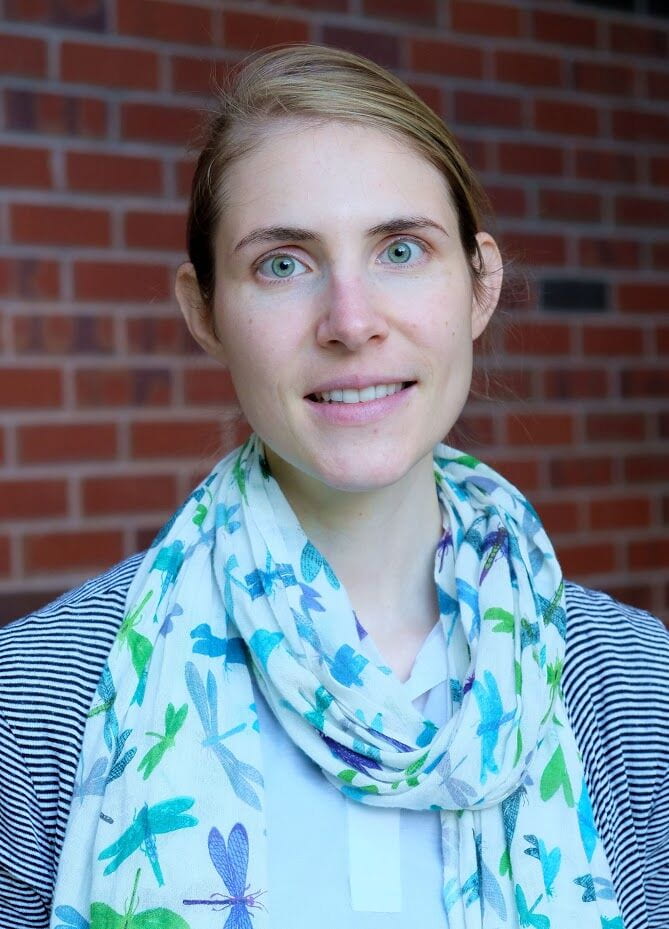The summer is almost over and your internship, summer research experience or summer job is coming to an end. Here are five tips that will help you end your summer successfully and on a positive note:
1. Meet with your supervisor & prepare a final report of your accomplishments.
![]() Ask for a meeting with your supervisor to evaluate your performance and review what you have achieved this summer. For the meeting, take the time to prepare a final report or presentation outlining your accomplishments. This report may be similar to some of the papers you have turned in during finals week or presentations you have given in classes here at Whitman. In your report or presentation, you can outline exactly what you’ve been doing over the course of the last several months.
Ask for a meeting with your supervisor to evaluate your performance and review what you have achieved this summer. For the meeting, take the time to prepare a final report or presentation outlining your accomplishments. This report may be similar to some of the papers you have turned in during finals week or presentations you have given in classes here at Whitman. In your report or presentation, you can outline exactly what you’ve been doing over the course of the last several months.
Reports that add value to the future of the organization, research lab or department you are working for are especially helpful. These will demonstrate that you were fully engaged in your work and that you brought value to the department. A thorough report or presentation will also allow the organization to follow through on any projects they might want to pursue once you have left.
Be sure to save examples of your work so you are able to share them with professors, peers and with future supervisors and employers.
2. Ask for recommendations.
While it can sometimes be difficult or feel a bit tough to ask for professional recommendations, nothing means more than having other individuals value your work. Before you finish your summer experience, ask your supervisor or other co-workers for professional recommendations on your LinkedIn site. While you can list past accomplishments in your resume and cover letter, having professionals attest to your skills, knowledge, and professional work ethic can make a huge difference when applying for future jobs, research positions, post-Whitman fellowships and grants and even Grad School.
You can also ask your immediate supervisor for a letter of recommendation to attest to your strong work ethic and ability to do a good job. Letters of recommendation are often required when you apply for post-graduate fellowships and grants and they can also be used for future job or internship applications.
3. Keep in touch with supervisors & co-workers.
Building a professional network is one of the key things you wanted to accomplish during your summer experience, so be sure to reach out to your supervisors and co-workers you worked closely with and share information on how you can keep in touch with them. LinkedIn is a great way to stay connected; so be sure to request a connection on LinkedIn so you can cultivate the relationship you started this summer.
4. Update Your Resume & LinkedIn Profile.
Always keep your resume and LinkedIn profile up-to-date so that they are available once you are applying for future research positions, internships or jobs. On LinkedIn, you will be able to not only list your summer experience but add work samples or reports you created during your time there. Make sure to ask your supervisor if it is okay to upload your work samples to LinkedIn. If you don’t have a LinkedIn profile yet or if you would like to improve what you currently have, check out this 3-part series “Pretty Decent to Stellar” by Abby Seethoff ‘16 that provides all the LinkedIn advice you need.
5. Say Thank You.
 Say thank you to everyone who helped to make your internship, research position or summer job a success. Identify individuals that went out of their way to help you during the course of the summer, no matter how small a role they played. A handwritten thank you card shows your appreciation and will make those individuals who played a key role in your summer experience remember you fondly and feel good about their contribution. If you don’t know what to write, take a look at these examples.
Say thank you to everyone who helped to make your internship, research position or summer job a success. Identify individuals that went out of their way to help you during the course of the summer, no matter how small a role they played. A handwritten thank you card shows your appreciation and will make those individuals who played a key role in your summer experience remember you fondly and feel good about their contribution. If you don’t know what to write, take a look at these examples.
Your Internship Doctor 🙂
 Questions?
Questions?
Contact Victoria Wolff, M.Ed., Assistant Director for Internship Programs, who is responsible for internship program management and oversight in the Student Engagement Center at Whitman College (wolffv@whitman.edu).